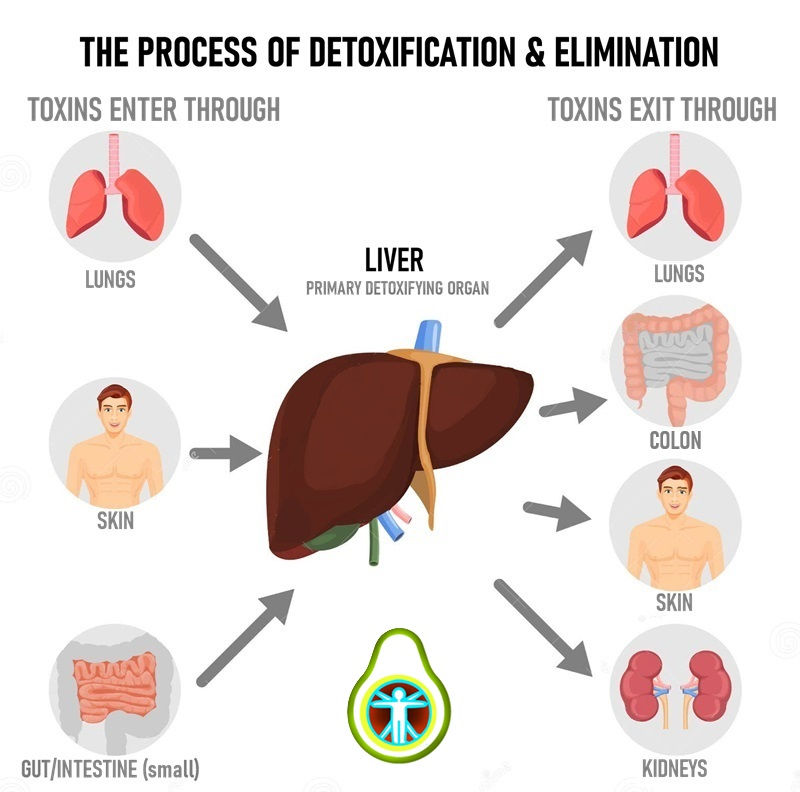🩺 Berberine For Diabetes, Obesity, Inflammation, PCOS, Cancer? This Is What We Found Out!
- ketogenicfasting

- May 23, 2025
- 4 min read
Updated: Jul 30, 2025

Berberine (berberine hydrochloride) is a plant based compound which has been a part of Chinese and Ayurvedic medicine for thousands of years. It is found in several plants such as goldenseal, barberry, Oregon grape, and tree turmeric.
Although berberine appears to be safe, you should speak to your healthcare provider before taking it. According to the NCCIH, berberine may interfere with other medications, such as metformin. It is difficult to determine the dosage as it is not always clear how much of an active ingredient is present in a supplement. Adverse effects such as upset stomach, constipation, nausea may appear if a person is susceptible or the dosage is wrong. Berberine's long-term use is untested in terms of safety. Berberine may have a negative impact on the fetus or newborn.
Benefits of Berberine According to Research
Among other conditions, studies have shown that berberine can help treat:
Bacterial infections
According to one study, berberine could be an effective antimicrobial agent, helping to inhibit the growth of Staphylococcus aureus which can cause sepsis, pneumonia, meningitis, and a range of skin conditions.
Another study found that berberine has the ability to damage the DNA and protein of certain bacteria.
Inflammation
A research study suggests that berberine has anti-inflammatory properties, and may help treat diabetes and other inflammation-related health conditions including heart disease.
Diabetes
Research has shown that berberine can have positive effects on blood sugar, triglycerides, and insulin. Berberine shows promise as a potential diabetes treatment, especially for those who cannot take existing anti-diabetic drugs due to heart disease, liver failure, or kidney problems.
Another study found that berberine combined with lifestyle changes worked better to lower blood glucose than lifestyle changes alone.
Speak with a doctor before taking berberine for diabetes. It may not be right for everyone and could interact with other medications.
High cholesterol
A study suggests that berberine has cholesterol-lowering effects; it may help reduce LDL, or “bad,” cholesterol and increase high-density lipoprotein, or “good,” cholesterol without causing side effects.
Another study observed that berberine helps move excess cholesterol to the liver, where the body can process and remove it.
Another study found that berberine combined with lifestyle changes worked better to treat high cholesterol than lifestyle changes alone.
High blood pressure
A study found that berberine combined with a blood-pressure-lowering drug was more effective than the drug alone.
Obesity
Obesity is a common condition that can increase the risk of type 2 diabetes, heart disease, high blood pressure, and high cholesterol.
A study reported that people who took 750 milligrams (mg) of barberry -a plant that contains high amounts of berberine- twice a day for 3 months had a significant decrease in weight.
Another study found that individuals with metabolic syndrome who took 200 mg of barberry three times a day experienced decreases in their body mass index readings.
Also, another study found that berberine may activate brown adipose tissue which helps the body turn food into body heat.
Polycystic ovary syndrome (PCOS)
Females who have high levels of certain male hormones and metabolic imbalance may develop PCOS which may lead to infertility and other health issues such as high levels of insulin, diabetes, or both, high blood pressure, high cholesterol, and more body weight. Doctors often prescribe metformin to treat PCOS. As berberine appears to have similar effects to metformin, it may also be a good treatment option for PCOS.
A study found that berberine has promise as a treatment for PCOS with insulin resistance.
Cancer
Berberine can create changes within the molecules of cells, and this could have another potential benefit: fighting cancer. One study found that berberine has “clear inhibitory effects” on the following cancers:
colorectal cancer
lung cancer
ovarian cancer
prostate cancer
liver cancer
cervical cancer
Another study states that berberine helps treat cancer by interfering with its progression and its typical life cycle. It may also play a role in killing cancer cells. It may some day in the near future become an “effective, safe, and affordable” cancer-fighting agent.
Gut health
If berberine has beneficial effect on gut microbiota, according to a research study published in 2020. Berberine has an antibacterial effect that seems to remove the harmful bacteria in the gut, and thus enhance the growth of healthy bacteria.
Supplements
Berberine is available both as supplements or capsules. We all know that the Food and Drug Administration (FDA) does not regulate supplements. In order to verify the quality of the product, the American Association of Naturopathic Physicians (AANP) suggests based on studies to take 900–1,500 mg per day (500 mg three times per day) of National Science Foundation (NSF) certified products.
Berberine vs. Metformin
According to NIH, berberine and metformin could be useful for treating type 2 diabetes as they share many features. Nevertheless, you should not consider berberine as an alternative to metformin without first discussing with your healthcare provider, as the correct amount is not possible to match without clinical review.
Furthermore, taking berberine and metformin together may lead to a drop in the impact of metformin.




Comments